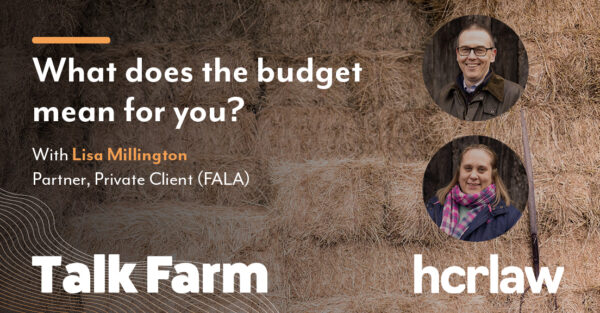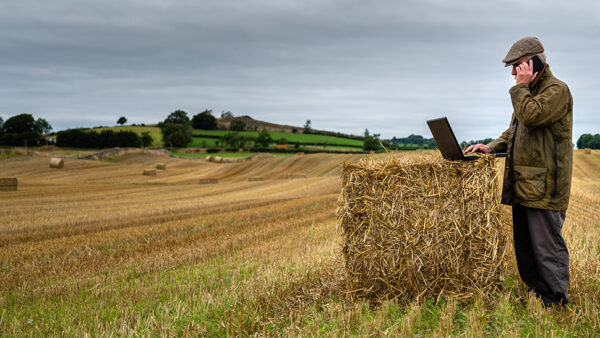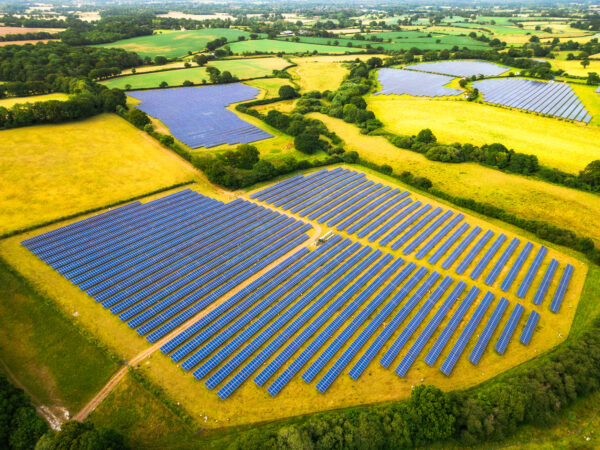

The prospect of a development project on the farm, such as solar panels or battery storage, can be an exciting one and often landowners are keen to press ahead quickly to start seeing returns as soon as possible.
Most landowners appreciate the importance of having a specialist land agent and agricultural solicitor advising them throughout the process, but it is equally as important that, in tandem with the progression of the potential development project, the landowner considers and takes specialist advice on the tax implications for them personally.
A potential development project on the land will bring a linked increased value to the land, often at an earlier point in the process than people realise. At an early stage, the landowner needs to carefully consider how the increase in the value of the land will impact their inheritance tax (“IHT”) estate, while also considering the likely value of the land when the project is completed.
In light of the increased value of the land, the landowner may wish to consider some IHT planning options. These include whether they want to keep the particular area of land in their ownership, or whether it would be appropriate to pass the land on to the next generation as soon as possible. Alternatively they could establish a trust into which the land could be transferred.
In addition to seeking advice on the IHT impact of the increased value of the land, the landowner should also bear in mind the impact the development may have on the IHT treatment of the wider farming business.
In particular, the potential capital values attributable to the project compared to the other farming activities, turnover, profitability, and time spent on various activities all play a role in determining what IHT relief may be claimed against the business as a whole.
Under the ‘Balfour test’, the court considered whether a diversified estate’s business was eligible for Business Property Relief (“BPR”) and checked that the business was predominantly trading, not predominantly an investment activity, by taking in to account the factors described above.
If it is found that a business fails the Balfour test by concluding that the landowner’s business is primarily investment, then the estate risks losing its claim for BPR on all of its assets.
It may, therefore, be appropriate to set up a separate structure to separate the development land from that of the agricultural business.
If the landowner decided that gifting the land on which the development project would be situated is the right option for them, they also need to consider the potential Capital Gains Tax implications of such a gift and whether holdover relief could be claimed.
Finally, the landowner should also consider the new revenue stream that they will receive by retaining ownership of the land but which they may not require in its entirety. This potential excess income could therefore result in increasing the value of the landowner’s estate for IHT purposes.
If you are a landowner that is pursuing or considering pursuing a development project, it is advisable to get in touch with agricultural private client specialists who will be able to advise you on the best course of action.










